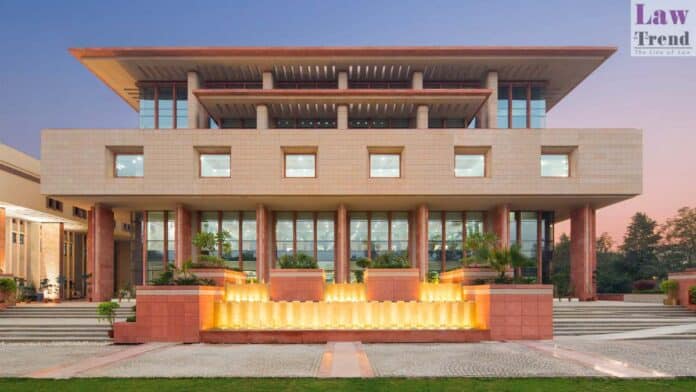The High Court of Delhi has set aside a penalty order imposed on an Assistant Section Officer, ruling that the denial of Child Care Leave (CCL) by the department was “mechanical” and the subsequent disciplinary proceedings for unauthorized absence suffered from “procedural irregularities and substantive infirmities.” The Division Bench comprising Justice Navin Chawla and Justice
To Read More Please Subscribe to VIP Membership for Unlimited Access to All the Articles, Download Available Copies of Judgments/Order, Acess to Central/State Bare Acts, Advertisement Free Content, Access to More than 4000 Legal Drafts( Readymade Editable Formats of Suits, Petitions, Writs, Legal Notices, Divorce Petitions, 138 Notices, Bail Applications etc.) in Hindi and English.




